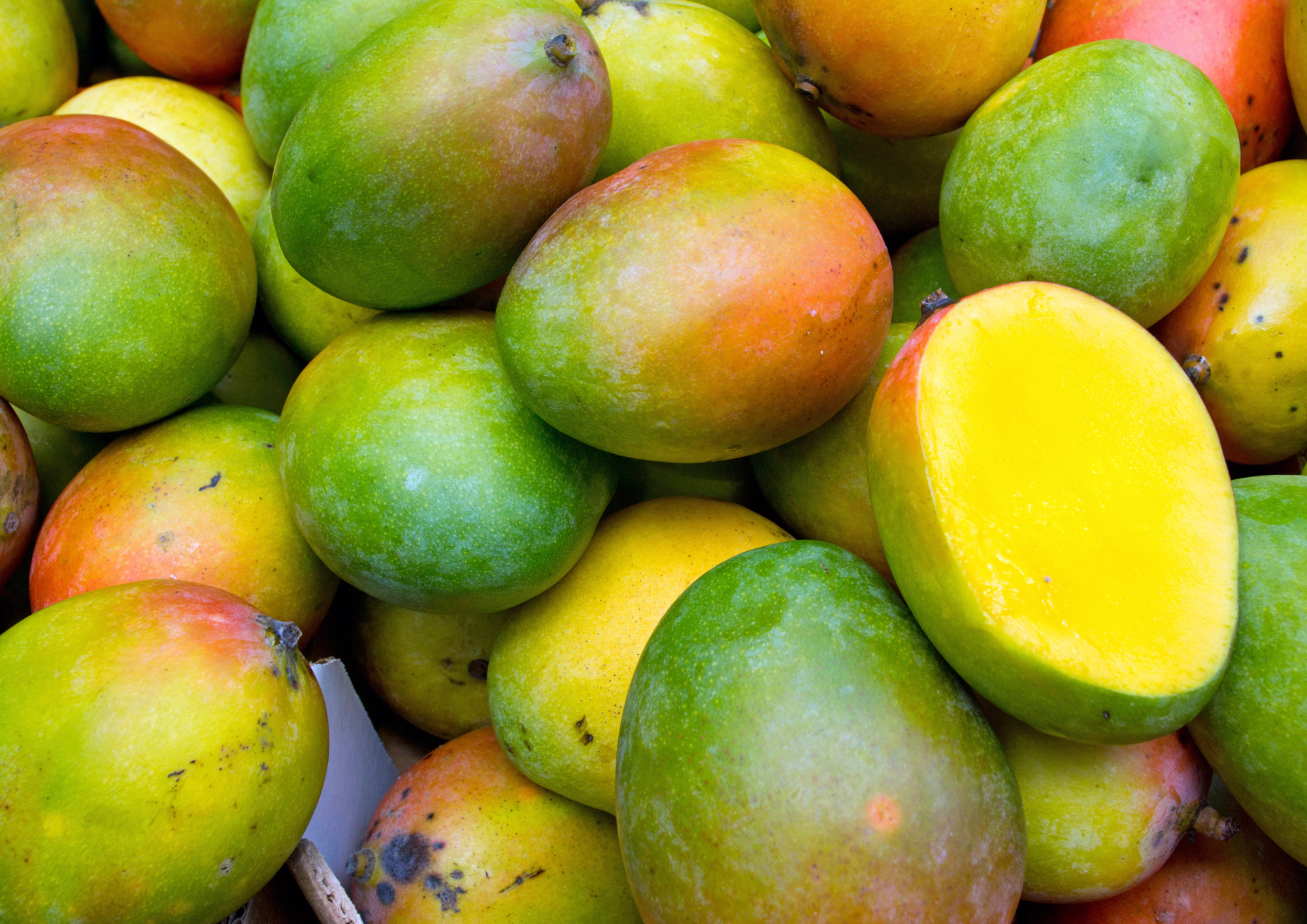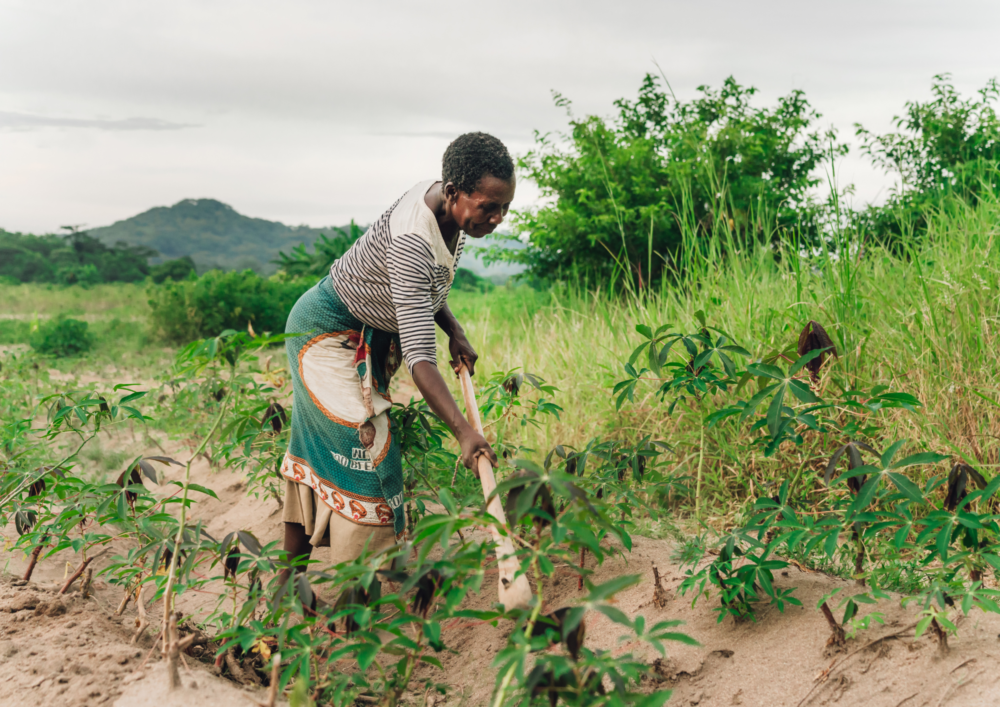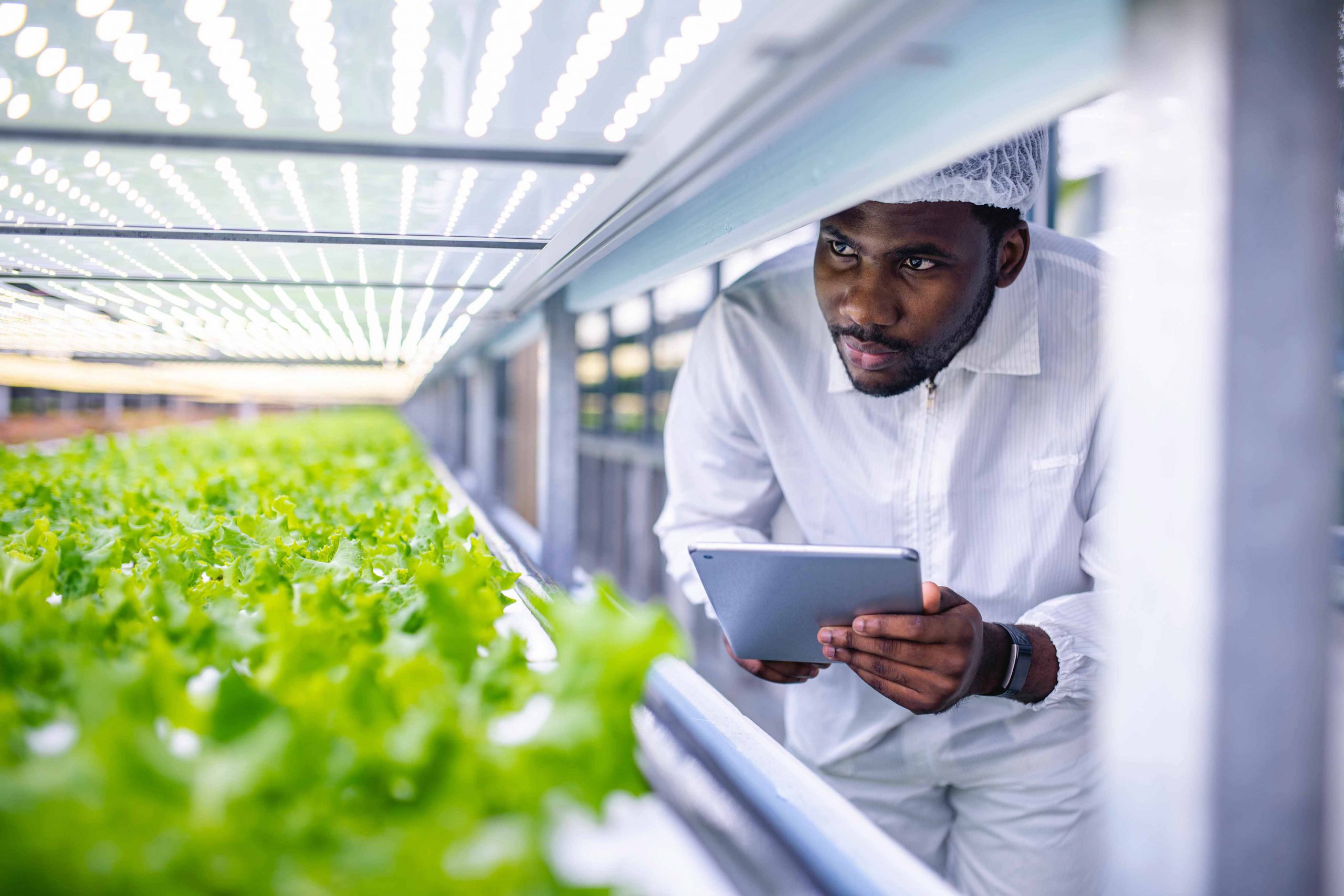Innovation and collaboration to address food loss and waste in African fresh produce: Event roundup and next steps

Coinciding with the UN International Day of Awareness on Food Loss and Waste Reduction on 29th September 2022, AgriFood Africa Connect brought together stakeholders from the UK and Africa to explore key food waste challenges, identify best practice circular economy initiatives and showcase innovations that can reduce or help reuse food waste.
The problem of food loss and waste
An estimated one third of food is wasted annually, with up to 10% of global greenhouse gas emissions associated with wasted food. In Africa, up to 52% of fruit and vegetables go to waste annually, with the majority lost or wasted during handling and storage due to a lack of efficient refrigeration, transportation and storage facilities.
The event had 110 people in attendance, with seven presentations from innovative organisations and stakeholders involved in fresh produce waste valorisation and the circular economy across the UK and Africa. A collaboration database circulated before the event captured the broad scope of food waste innovators in one place, allowing attendees and other interested parties to explore potential collaborations.
Seeking innovative technological solutions to fresh produce waste
Two companies presented the challenges they faced around waste in the supply chain of their fresh produce, seeking technological solutions to repurpose this waste.
Fernanda Aller from Wealmoor shared their challenge around crop damage caused by the Mango Fruit Fly. They are seeking innovation partners with technologies that can reduce the impact of fruit flies, create pest-free areas, reduce post-harvest losses, and use circular economy principles to recycle organic waste. These opportunities can increase soil organic matter and reduce farmers’ costs.
Lana Mo from Blue Skies discussed challenges arising from seeds, skins and other waste organic material created in the production of their fresh cut fruit salads and juices. They are looking for partners with the technological know-how to repurpose different types of waste into things like animal feed, purees, or materials for cosmetics.
Initiatives to reduce waste across the value chain
Other attendees brought technological expertise that could support these companies.
Mayowa Ekundayo from Raise a Farmer Initiative (RAFI) focused on how to address tomato losses to ensure better income for farmers. Changing transportation methods so fewer tomatoes are crushed on bumpy roads, whilst working with partners across the value chain to pinpoint where losses or theft occurred, all help improve transparency, reduce losses, and increase revenue for farmers.
Other innovations address waste further down the supply chain. Prakash Korde explained how Valueform Ltd creates sustainable packaging from renewable, non-wood fibres that improves the shelf life of fresh produce. With support from farmers and other supply chain partners, Valueform’s infrastructure and technology can significantly reduce loss and waste.
Fredrick Juma represented Hydro Victoria Fish Farm, who were keen to connect with food processors for Black Soldier Fly production. Feeding off organic waste, these flies are a highly nutritious and efficient replacement for fish and soymeal in aquaculture and agriculture feed. This highlighted how different elements of food production can be brought together in a circular manner to valorise loss and waste.
How novel technologies can help valorise waste
Repurposing fresh produce was a key theme of the event. Jonathan Bamber’s business, Sweetunda, has processing equipment which turns otherwise-wasted mango into puree. This has the added benefit of not requiring cold chain storage and is a technology transferable to many other fresh food products.
Academic research is helping to show how this is possible. Dr Carine de Marcos demonstrated how vinasse, a byproduct of the sugar or ethanol industry, cashew apple and mangos can be turned into vinegars and biofuels. Her research aims to create a DIY fermenter for on-site valorisation of fresh produce. These technological innovations all demonstrate the potential to repurpose waste streams to help farmers and the environment.
Networking and beyond
Numerous exciting collaborations emerged from the event, and progress is ongoing to turn these opportunities into action. One upcoming initiative will see Innovate UK KTN fund travel grants for UK companies and researchers to visit partners in Africa. We will be monitoring and promoting these over the coming months.
The biggest takeaway from the event was the value of collaboration in innovation. The technological capabilities of some attendees aligned well with food producers in Africa who sought ways to both reduce and valorise their waste.
We are now looking for more individuals or organisations who:
- Have expertise or technology that can repurpose these different types of food waste.
- Are producers looking for ways to valorise waste produced in their operations.
This could lead to innovative collaborations with other projects and organisations in the KTN network. If you are involved in either of these areas, you could play a key role in transforming food loss and waste in Africa. Please get in touch with our expert Debbie Tully to find out more.
Related Events and Recordings
Related programme

AgriFood Africa Connect
Innovate UK AgriFood Africa Connect brought innovative people and organisations across the UK and Africa together to develop solutions for the sustainable management of AgriFood systems in Africa.




